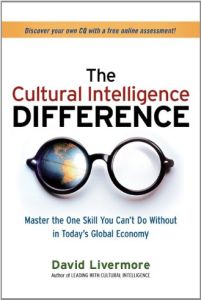
Recommendation
In the Philippines, people gamble at funerals. In Indonesia, you point with your thumb because pointing with a finger is poor etiquette. In Thailand, crossing your legs in public is rude. In Japan, you remove your shoes before entering someone’s home. Westerners used to find such practices charming or odd, but irrelevant and distant. In the modern, interconnected world, distances have shrunk and your success may depend on understanding other cultures and relating to them with thoughtfulness and sensitivity. David Livermore, an accomplished world traveler, offers helpful tips about worldwide cultures. His “cultural intelligence” self-assessment test is available online (accessible for free with a code in the book) rather than in the book itself, which would be more convenient. getAbstract recommends Livermore’s guidance to those working in unfamiliar countries and to those who need to relate to colleagues, clients and friends in diverse cultures and international business settings.
Summary
About the Author
David Livermore, president and a partner at the Cultural Intelligence Center, wrote Leading with Cultural Intelligence.


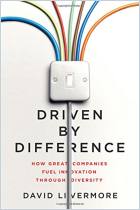
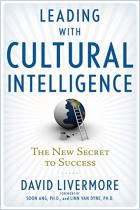
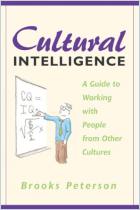
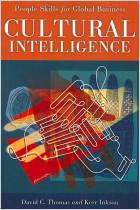
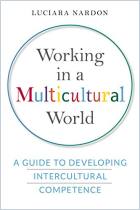
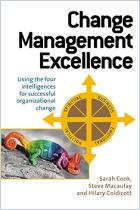

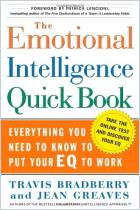





Comment on this summary